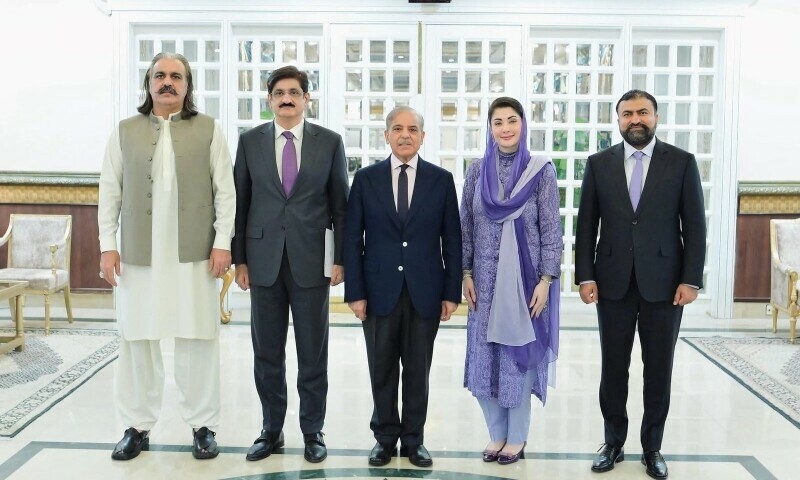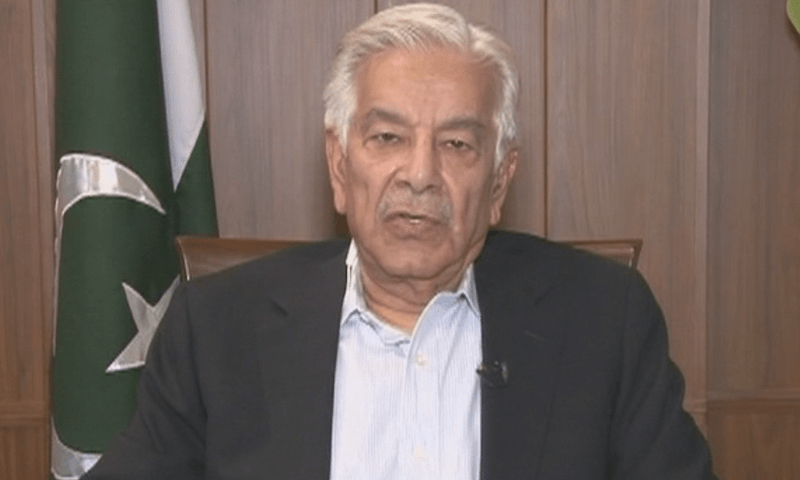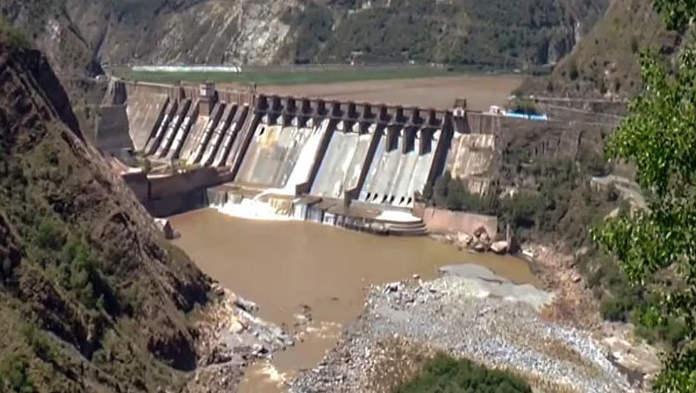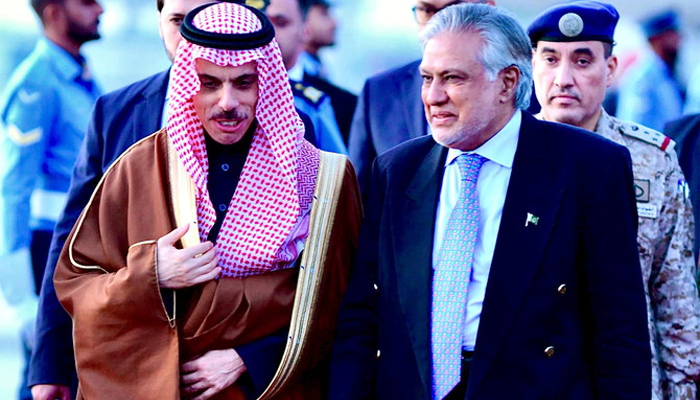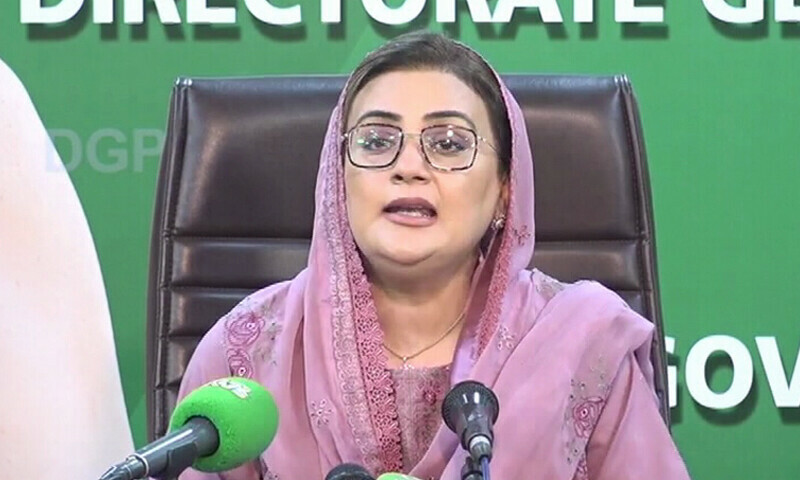POLITICS & POLICY MAKING
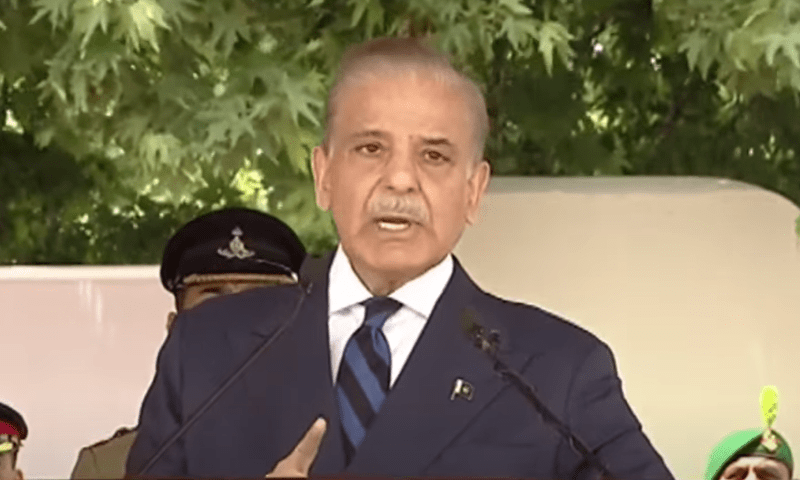
Prime Minister Shehbaz Sharif said on Saturday that Pakistan is open to any "neutral and transparent" investigation into the tragic Pahalgam attack that took place in Indian-occupied Kashmir this week.
The attack, which occurred on April 22, resulted in the deaths of 26 individuals, mostly tourists, marking it as the deadliest armed incident in the disputed Himalayan region since 2000. Responsibility was allegedly claimed by a little-known group, The Resistance Front (TRF).
In the aftermath, tensions soared between India and Pakistan, with India unilaterally suspending the critical Indus Waters Treaty (IWT). Pakistan retaliated by threatening to put the Simla Agreement in abeyance and to close its airspace to Indian flights. India has hinted at cross-border involvement, a claim Pakistan has categorically denied.
Addressing the passing-out parade at the Pakistan Military Academy, Kakul, PM Shehbaz stressed the need to end the perpetual blame game. He declared Pakistan’s readiness to cooperate in a credible international investigation and criticised India for exploiting incidents without evidence.
He warned against India's suspension of the IWT, terming water a matter of Pakistan’s vital national interest, and assured that any attempts to divert Pakistan’s share would be met with “full force and might.”
Recalling ‘Operation Swift Retort’ in 2019, the premier reaffirmed the armed forces’ readiness to defend every inch of the homeland. He reiterated Pakistan’s support for the Kashmiri people's right to self-determination, calling Kashmir Pakistan's “jugular vein.”
Amid rising tensions, Defence Minister Khawaja Asif, in an interview with The New York Times, also welcomed an international probe, warning of disastrous consequences if India escalates further. He denied any active presence of proscribed groups like Lashkar-e-Taiba in Pakistan and suggested the possibility of a "false flag" operation by India.
Meanwhile, intermittent exchange of fire was reported for a second day across the Line of Control (LoC), though no civilian casualties were noted.
The UN Security Council strongly condemned the Pahalgam attack and urged all states to cooperate in the investigation. It reaffirmed that terrorism, in any form, is unjustifiable.
In a related development, CJCSC General Sahir Shamshad Mirza met the executive director of SCO’s Regional Anti-Terrorist Structure, Major General Ularbek Sharsheyev, to discuss regional security and counterterrorism efforts.
As the crisis deepens, the world watches closely, with global powers urging restraint from both nuclear-armed neighbours.
